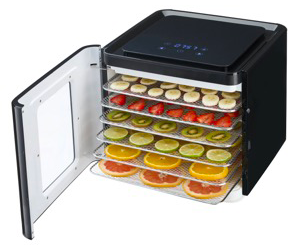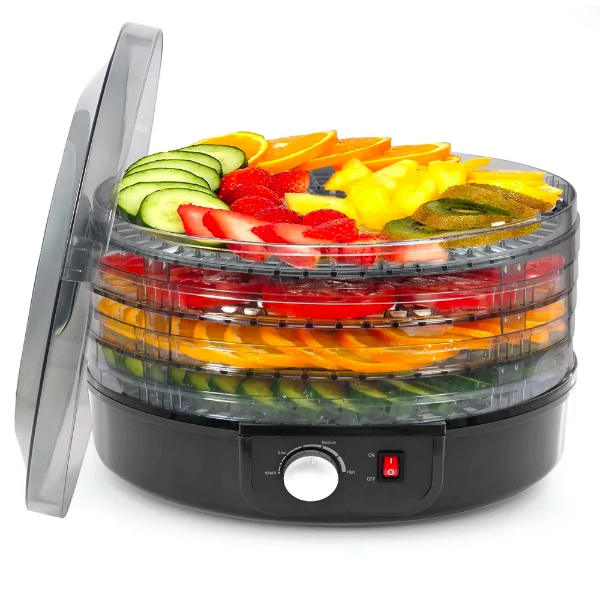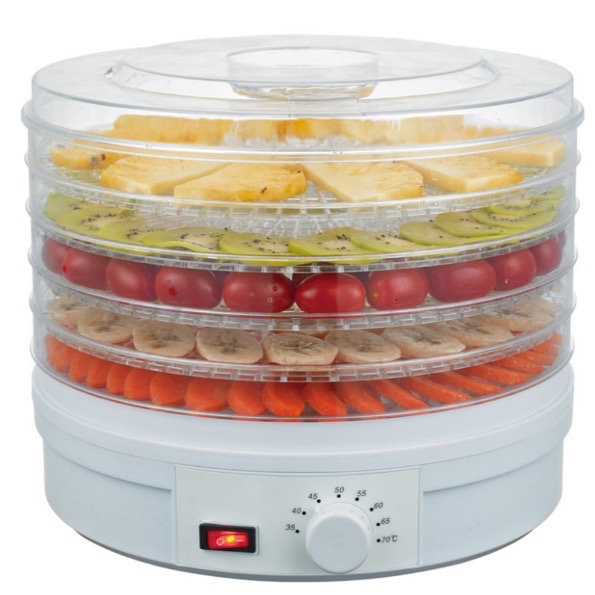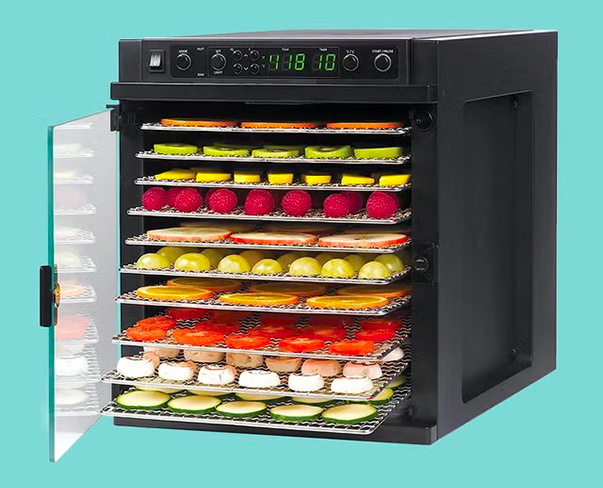
Content Menu
● Understanding Drying Technologies
>> Heat Pump Dryers
>> Condenser Dryers
● Energy Efficiency Comparison
● Quality of Dried Products
● Environmental Impact
● Applications in Food Industry
● Conclusion
● Frequently Asked Questions
>> 1. What are the main advantages of heat pump dryers?
>> 2. How do heat pump dryers work?
>> 3. Are heat pump dryers suitable for all types of food?
>> 4. What is the typical lifespan of a heat pump dryer?
>> 5. Can I use a heat pump dryer in humid climates?
In the realm of food preservation, drying plays a crucial role in extending shelf life and maintaining quality. Among the various drying technologies available, heat pump dryers have emerged as a leading choice for food manufacturers. This article explores the efficiency of heat pump dryers compared to traditional condenser dryers, focusing on their operational mechanics, energy consumption, product quality, and overall benefits.

Understanding Drying Technologies
Heat Pump Dryers
Heat pump dryers utilize a refrigeration cycle to remove moisture from food products. They operate by extracting heat from the environment and using it to evaporate moisture from the food. The process involves three main components: an evaporator, a compressor, and a condenser. The evaporator absorbs heat from the air, which is then compressed to increase its temperature before being circulated into the drying chamber. This allows for precise control over temperature and humidity, ensuring optimal drying conditions.
One of the key advantages of heat pump technology is its ability to operate at lower temperatures while still achieving effective drying results. This is particularly beneficial for delicate foods that can be damaged by high heat.
Condenser Dryers
Condenser dryers, on the other hand, function by heating air and blowing it over the food items. As the air absorbs moisture, it becomes saturated and is then passed through a condenser where the moisture is collected. While they are effective in drying, they typically operate at higher temperatures and can lead to uneven drying if not monitored closely.
The operational simplicity of condenser dryers makes them popular in various applications; however, their energy consumption and potential impact on product quality can be drawbacks.
Energy Efficiency Comparison
One of the most significant advantages of heat pump dryers is their energy efficiency.
- Energy Consumption: Heat pump dryers consume significantly less energy compared to condenser dryers. They recycle heat within the system, which reduces the energy required for each drying cycle. In contrast, condenser dryers often require constant heating of fresh air, leading to higher energy costs.
- Operational Costs: Although heat pump dryers may have a higher initial investment, their lower operational costs due to reduced energy consumption can lead to substantial savings over time. This makes them an economically viable option for large-scale food production.
- Performance in Different Conditions: Heat pump dryers perform exceptionally well in varying environmental conditions. Their ability to extract moisture at lower temperatures means they can operate efficiently even in cooler climates where traditional methods may struggle.
Quality of Dried Products
The quality of dried products is paramount in the food industry.
- Temperature Control: Heat pump dryers allow for precise temperature control throughout the drying process. This is crucial for sensitive foods like fruits and vegetables that can lose flavor and nutrients at high temperatures. The ability to maintain lower temperatures helps preserve the nutritional value of food.
- Moisture Retention: Heat pump technology enables better moisture management within the drying chamber. By controlling humidity levels effectively, these dryers prevent over-drying or under-drying of products, ensuring consistent quality.
- Nutrient Preservation: Traditional high-temperature drying methods can degrade essential vitamins and minerals in food. Heat pump dryers operate at lower temperatures, which helps retain more nutrients compared to condenser dryers.
- Color and Flavor Preservation: The gentle drying process used by heat pump technology not only preserves nutrients but also maintains the natural color and flavor of fruits and vegetables. This is particularly important for products that are marketed based on their visual appeal.

Environmental Impact
The environmental footprint of food processing technologies is becoming increasingly important.
- Sustainability: Heat pump dryers are more environmentally friendly due to their lower energy consumption and reduced carbon emissions. By using ambient air as a heat source and recycling it within the system, they minimize waste and promote sustainability.
- Reduced Waste: The gentle drying process used by heat pump technology not only preserves nutrients but also reduces food waste by ensuring that more products meet quality standards for sale.
- Compliance with Regulations: As environmental regulations become stricter worldwide, adopting energy-efficient technologies like heat pump dryers can help companies comply with sustainability standards while also appealing to eco-conscious consumers.
Applications in Food Industry
Heat pump dryers are versatile and can be used for various applications in the food industry:
- Fruits and Vegetables: Ideal for drying fruits like apples, bananas, and berries while preserving color and flavor. The controlled environment helps prevent browning and maintains texture.
- Herbs and Spices: Perfect for maintaining the potency of herbs like basil and oregano during the drying process. The low-temperature operation ensures that essential oils are preserved.
- Meat Products: Effective in producing jerky or dried meats without compromising safety or quality. The controlled environment minimizes microbial growth during drying.
- Grains and Nuts: Heat pump technology can also be applied to dry grains and nuts efficiently while preventing rancidity caused by excessive heat exposure.
Conclusion
In conclusion, heat pump dryers offer several advantages over traditional condenser dryers in terms of efficiency, product quality, and environmental impact. While they may require a larger initial investment, their long-term benefits make them a superior choice for food manufacturers looking to optimize their drying processes.
As the food industry continues to evolve towards more sustainable practices, investing in heat pump technology can lead to significant cost savings while ensuring high-quality products that meet consumer demands.

Frequently Asked Questions
1. What are the main advantages of heat pump dryers?
Heat pump dryers are energy-efficient, provide precise temperature control, preserve nutrients better than traditional methods, and reduce environmental impact.
2. How do heat pump dryers work?
They use a refrigeration cycle to extract moisture from food by circulating warm air that has been heated through ambient sources.
3. Are heat pump dryers suitable for all types of food?
Yes, they are versatile enough to dry fruits, vegetables, herbs, spices, and even meats while maintaining quality.
4. What is the typical lifespan of a heat pump dryer?
With proper maintenance, heat pump dryers can last 10-15 years or more depending on usage conditions.
5. Can I use a heat pump dryer in humid climates?
Yes, heat pump dryers are particularly effective in humid environments as they can control humidity levels within the drying chamber efficiently.












